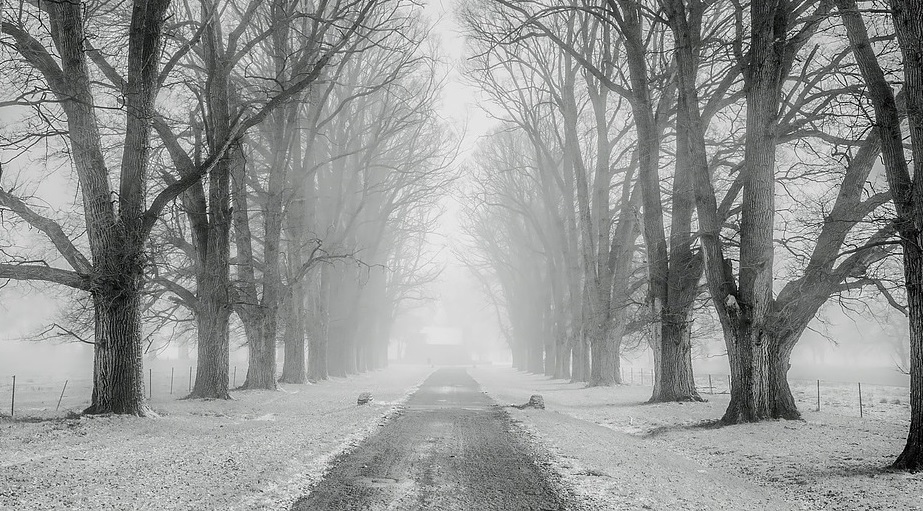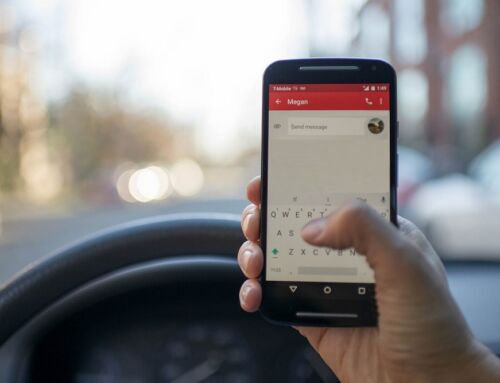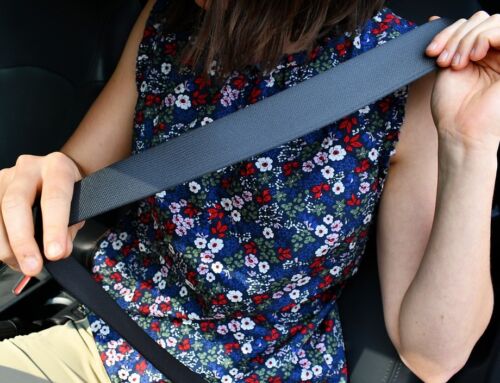Driving on snowy or icy roads presents a multitude of dangers that stem from reduced traction, poor visibility, and the unpredictable behavior of vehicles on slick surfaces. Snow and ice also make it difficult for tires to grip the road, which can lead to skidding and an increased likelihood of accidents. As the wintertime months approach us in Indiana, it’s imperative to be aware of the dangers and prepare to keep you, your family, and loved ones safe.
Driving in wintry conditions requires preparation to ensure safety for yourself and others. Winter travel can be treacherous and it’s not uncommon to see vehicles pulled over or in a ditch, whether from mechanical failure or loss of control. For those stranded, the situation can become dangerous quickly, especially without heat. The difference between a minor inconvenience and a serious emergency often comes down to preparation. Here are some essentials to keep in your vehicle at all times:
• A Fully-Charged Cell Phone. Always have a reliable car charger that powers your phone efficiently or keep a charged auxiliary battery in your glove compartment. Getting stranded in remote areas without the ability to contact someone can lead to a dangerous situation.
• Tire Iron, Jack, and Spare Tire. Ensure you have a functional jack, tire iron, and spare tire as these items are essential for handling flat tires without needing roadside assistance.
• Jumper Cables or a Self-Jumping Charger. Dead batteries are a common problem in cold weather conditions. Keep jumper cables on hand, or better yet, invest in a portable self-jumping charger. Many of these also serve as air compressors for low tires, adding extra utility.
• First Aid Kit. A well-stocked first aid kit, including blankets, can be invaluable in addressing injuries until first responders arrive.
• Flares and Flashlight. If your car loses power at night, flares and a flashlight make you visible to passing vehicles and help with tasks like changing a tire.
Heavy snowfall can also obscure road markings, while frost and condensation on windows can further limit what drivers can see. Wind-blown snow may create whiteout conditions, disorienting drivers and making it hard to discern the road ahead. Additionally, snow can cover hazards like potholes or ice patches, hiding dangers that would otherwise be visible.
Remember that cars are more likely to experience mechanical issues, such as dead batteries or frozen fuel lines, which can leave drivers stranded in freezing conditions. Breakdowns in these environments can quickly become life-threatening without proper preparation.
From a personal injury law perspective, it’s important to remember that a driver can still be held liable in an accident, even if adverse weather or road conditions played a role in the crash. Icy and snowy roads are typically not a viable defense for an at-fault party. It is a driver’s responsibility to accommodate and adjust for any unfavorable weather or road conditions.
If you have been injured as the result of a winter weather accident, contact our office and we will be happy to review your case. We work on a contingency basis, meaning there is no cost to you unless we reach a settlement or jury verdict award on your behalf.
Call 317-636-0808 or email us for a FREE and confidential consultation or complete the contact form request below.





